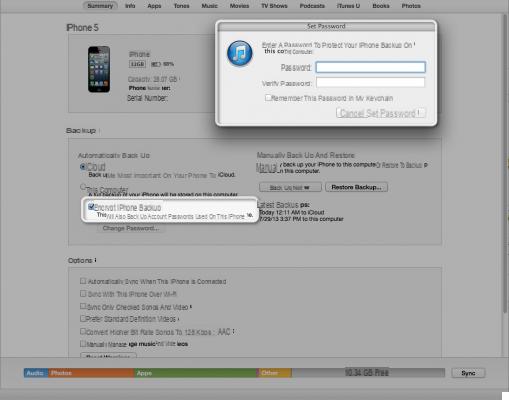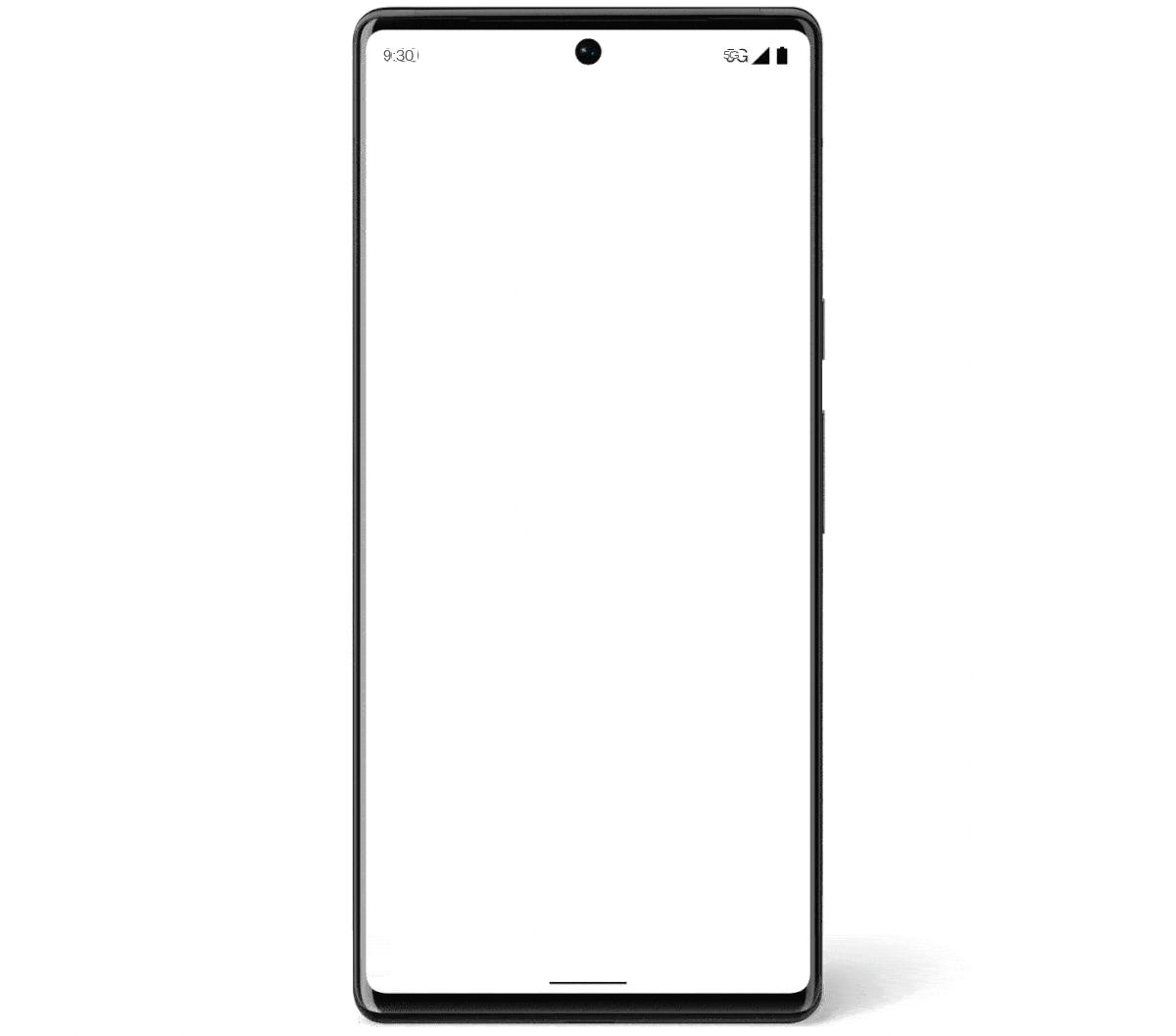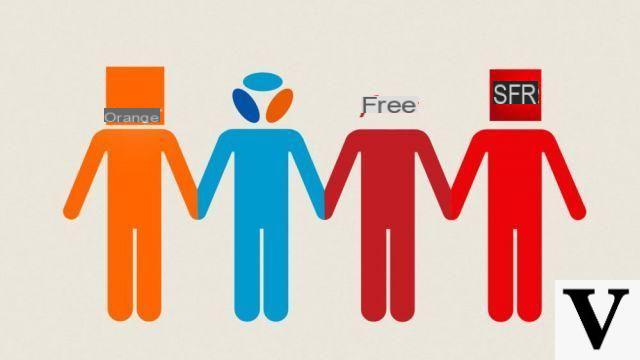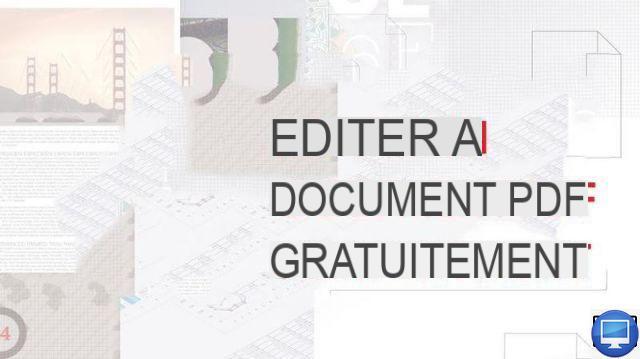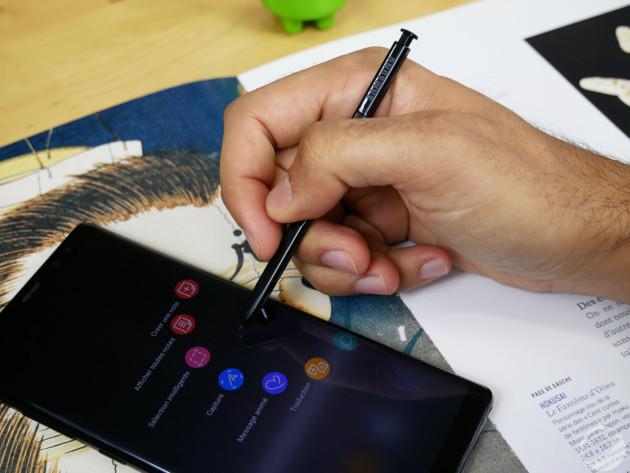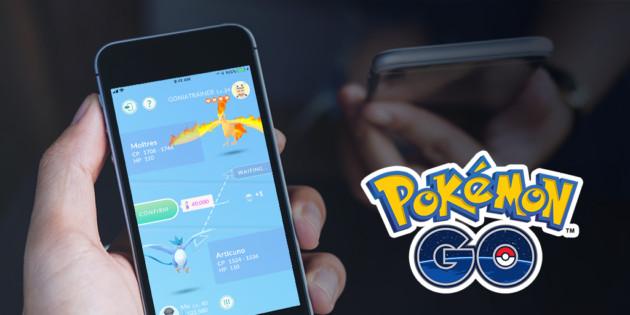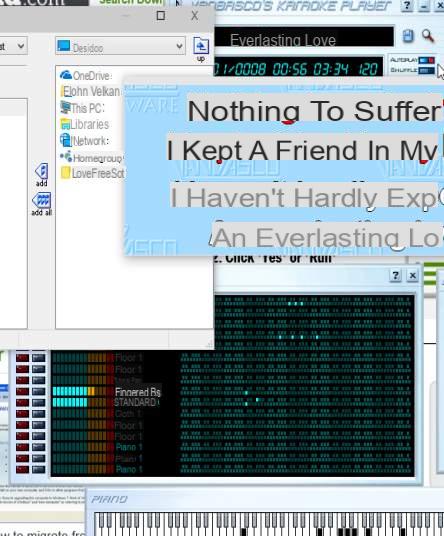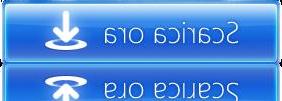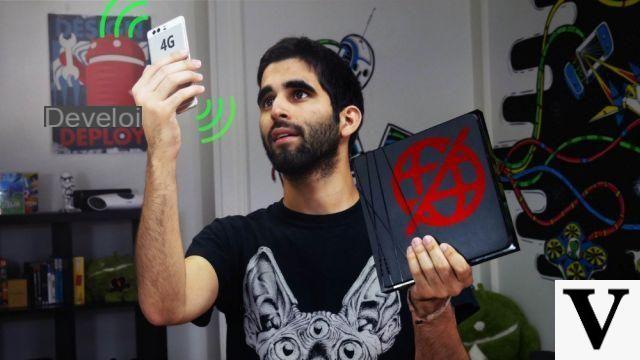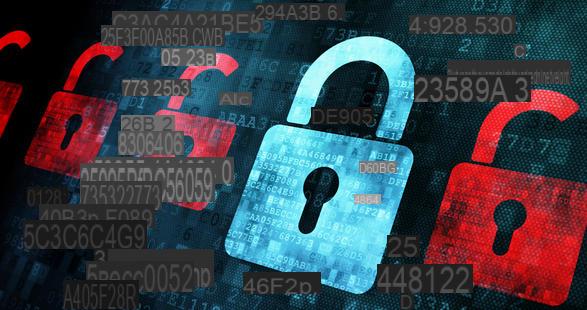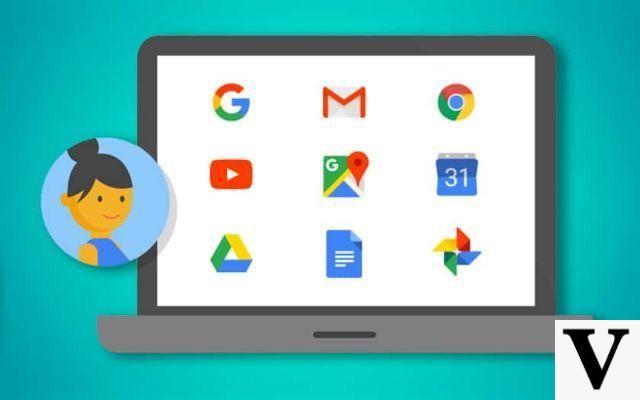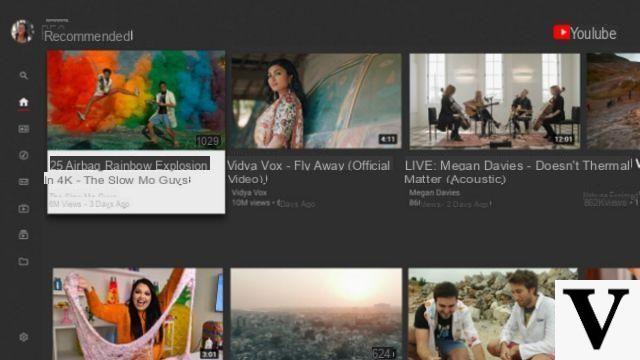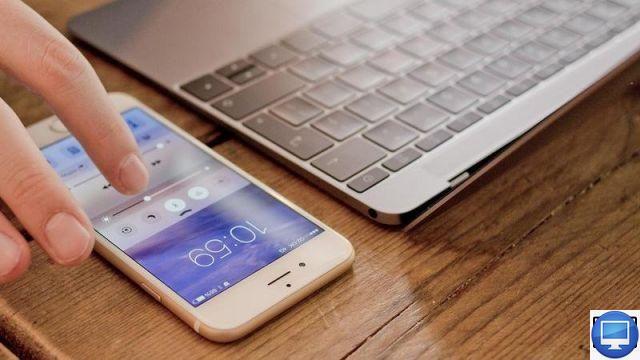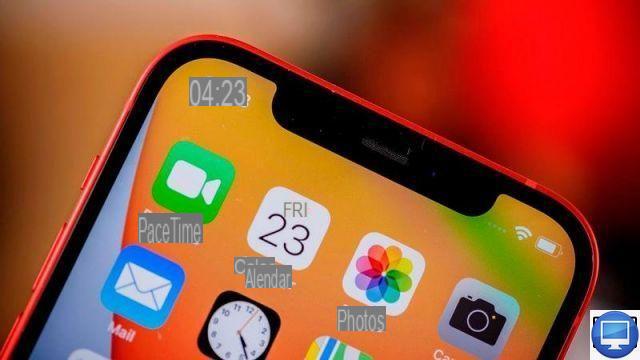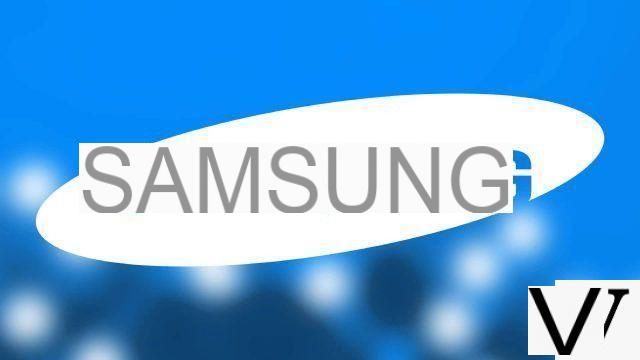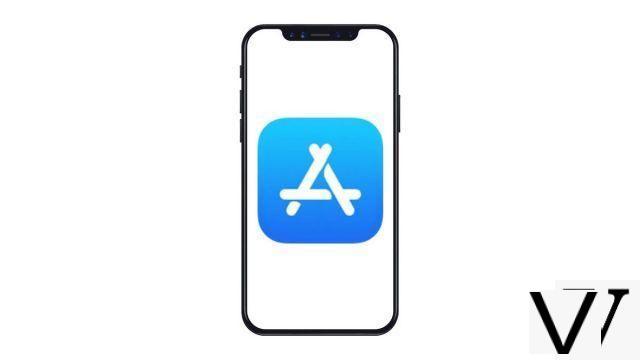IPhone users have complained for years that there is still far too much spam in some iCloud services, including iMessage and Calendar. So much so that the official Apple Support account has just uploaded a tutorial video to remove spam from the calendar application.
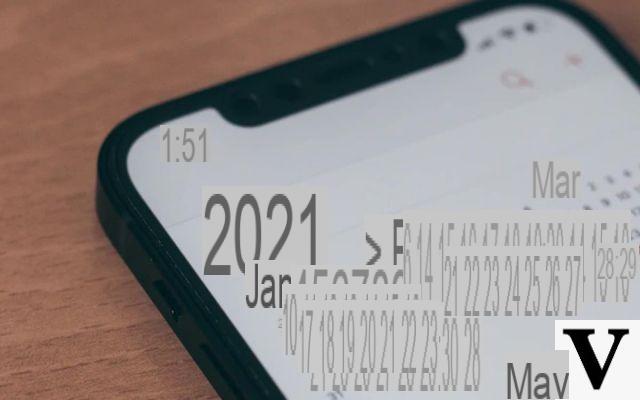
Not everyone is affected in the same way, but it's a fact: Apple iCloud services, including iMessage and the Calendar app are prone to spam. Specifically, many users complain of an invasion of unsolicited messages in the Messages application or unwanted notifications generated by the Calendar application.
These spam often carry phishing campaigns, or advertise for adult sites. The problem with calendars is that questionable sites can post a request to subscribe to their own calendar. Since statistically some of the users touch “Ok” by mistake, they unwittingly subscribe to a calendar designed to bombard them with advertisements via notifications.
Apple just posted a video that explains how to unsubscribe from malicious calendars
As long as they do not use Calendar on a daily basis, these users will leave the calendar active while wondering how to stop these nasty notifications. The reason for the problems seen in iMessage is more obscure. It is assumed that the number of victims is part of lists and that the spammers filter the iPhones and then spam the interested parties via iMessage without having to buy SMS shipments.
Apple really needs to do something about these calendar scams. pic.twitter.com/BIVS0EIWpf
— ✦ (@bieberfluid) June 20, 2021
Apple explained that it was already aware of these problems in 2016, but since then, almost nothing seems to have really changed. This did not prevent the official Apple Support account from publishing a video tutorial that explains to victims of spam how to unsubscribe from calendars that cause spam notifications.
Also read: Apple explains that iMessage will never be released on Android because it "would do it more harm than good"
We underline in passing that in many reported cases the victims let the wolf enter the sheepfold by clicking “Ok” on a notification asking them to add a questionable calendar. As for the issues in iMessage, they seem to be related to personal data leaks. Using both ecosystems for years, I have personally never encountered such issues in iMessage and Calendar on my iPhone.





